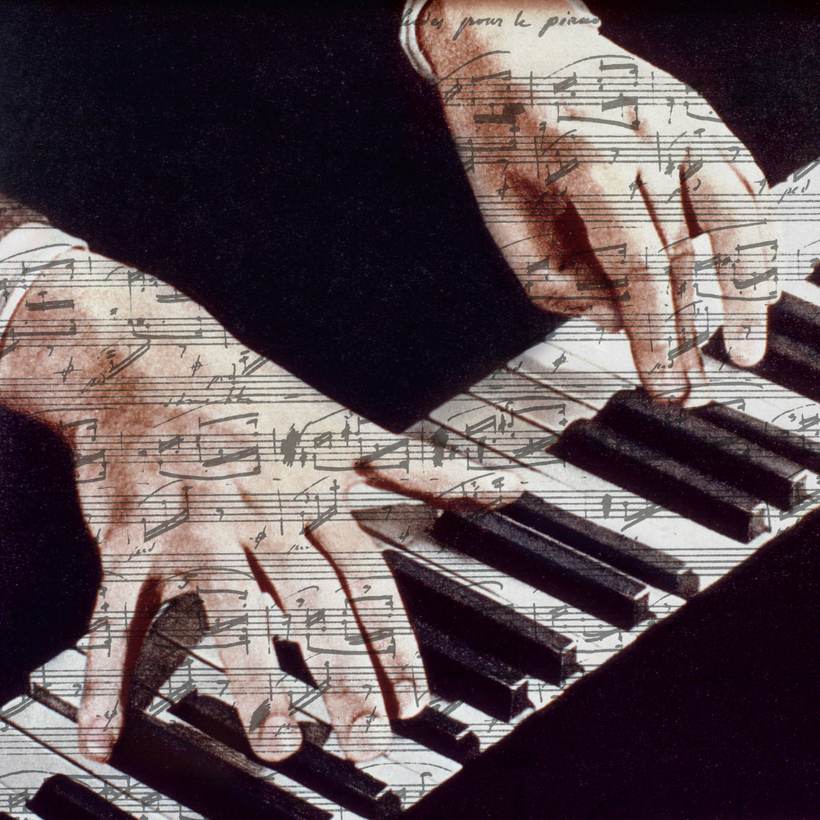The Pole by J. M. Coetzee
Some years ago, my wife and I spent a few days at the Tokyo Literature Festival with the Nobel Prize–winning South African novelist J. M. Coetzee. Every morning, when we came down for breakfast, just as the restaurant opened, it was to find him already there, at a small table, with a newspaper, impeccable in a white shirt. He never greeted anybody; he kept entirely to himself. My wife decided he must be a monk, committed to the altar of his art.
When once I tried to engage him in conversation, he listened patiently, politely, for many minutes, offering nothing but an elegant, occasional “Yes.” At the public events, he stuck closely to my wife, who, being Japanese, speaks relatively little English.


